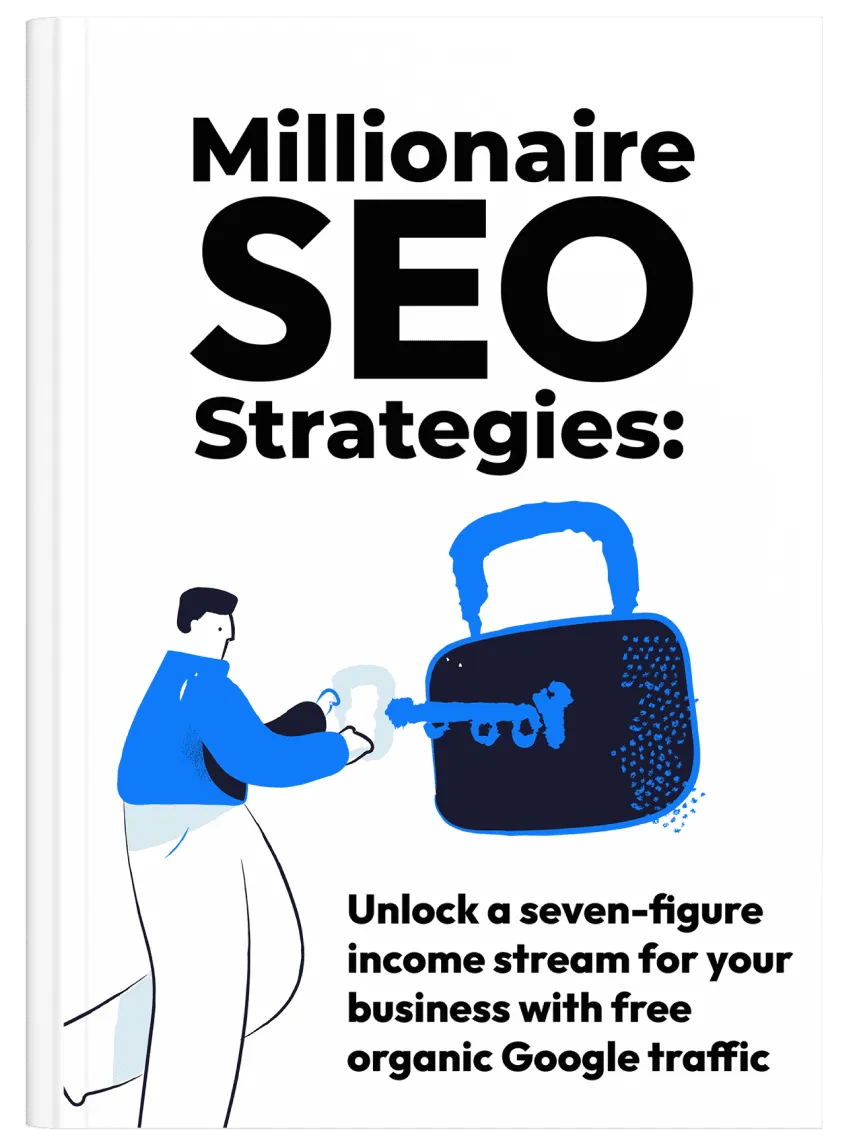
How psychology affects a website’s search engine rankings
When we talk about search engine optimisation (SEO), we usually focus on keywords, content, technical SEO factors, on-page optimisation, and backlinks.
But SEO is much more than that.
At its core, search engine optimisation is about providing the right content to the right audience at the right time. It’s about understanding what your readers want and then presenting it in the most appropriate and effective way.
This is why SEO is more about marketing psychology than it is about keywords and coding.
In this blog post, we will see how psychology affects a website’s search engine rankings and the overall SEO strategy, and what you can do to make sure you are doing it right.
Knowing your website visitors and customers
In search engine optimisation, the most important thing to understand is your customers.
- Who are they?
- What do they want?
- What are some of the biggest problems they are facing?
- What are they searching for?
- Why do they search for certain keywords, products, and questions?
- How can you help them find answers and solve their problems?
- What type of content do they usually like?
- What age group do they belong to?
And the list goes on and on.
There is always plenty to learn about each group of the target audience — and you may be targeting several different groups of people.
The idea is to learn everything about each of the customer groups you are targeting.
If you already have a website with a reasonable amount of traffic, the best place would be to start in Google Analytics. Google Analytics contains a lot of information about your website visitors. You can use that data to come up with detailed personas for your audience.
If you are just starting out and does not have any data, you should start with basic market research. Talk to people and learn as much as you can. You can also use tools SimilarWeb and Alexa to analyse your direct competitors and come up with personas of audiences that you are going to direct.
Identifying and understanding search intent
At this stage, it is also a great idea to understand the search intent of your potential customers and create a sales funnel in accordance with that.
A few years ago, SEO mainly revolved around specific keywords and keyword phrases that people searched for. However, as search engines are getting smarter, the focus is shifting from specific keywords to the searcher’s’ intent.
For instance, what exactly is a person searching for? Google tries to understand that — the actual intent behind a search — and then presents the results accordingly. This means that some results may appear in the SERPs even if the respective web page does not the same keywords as the searcher did.
Understanding the searcher’s intent would be much easier if you create detailed audience personas.
Creating a sales funnel
Once you understand the searcher’s intent, design the buyer’s journey from start to finish. This journey would contain different phases — or stages — that an average buyer/visitor would go through.
We call it a sales funnel.
In modern-day SEO, a sales funnel is turning out to be an extremely important element because:
- It allows website visitors to find the exact information they want to find.
- A sales funnel can help you come up with the right content ideas to promote sales and provide the right information to your audience.
- Because everything becomes streamlined, a sales funnel allows you to provide a great user experience. This decreases pogosticking, reduces bounce rate, and increase engagement rate — all of which can play an important role in search engine rankings.
A sales funnel could be as simple as four stages: awareness, research, decision, and purchase. It can be very elaborate as well with more than 5-6 stages. It depends on your specific requirements.
Resolving pain points and answering the right questions
Most SEOs struggle with providing the right content.
Presenting the right information at the right time to the right audience can feel like a bit of a gamble, but it really isn’t.
The psychological aspect of understanding the pain points of your audience and then resolving those problems with high-quality content is the most important element of SEO.
Once you understand its importance and nail down this concept, you will be able to come up with a much more effective and balanced content strategy. You will learn what type of content your audience wants and what is the best medium to give it to them.
Providing the best possible user experience
In 2019, user experience is one of the most important aspects of search engine optimisation.
Without a fantastic user experience, you will see negative engagement metrics which Google also notices and use to demote your website in the SERPs.
Design and usability, website navigation structure, readability, ease of content consumption, are all important elements to consider here. Understand how landing pages can be optimised to dramatically improve conversion rate and sales. Learn how to make your website visitors spend more time on your site.
This opens up to new opportunities. But it’s only possible with a great user experience — which itself depends heavily on the psychology of your website visitors.
Don’t underestimate psychology in SEO
SEO professionals rarely think about the psychological elements. But as we just discussed, some of those elements are, in fact, matter the most.
After all, psychology is affecting almost everything here: from searcher’s intent to content selection to user experience. It is crucial that you don’t ignore it.







